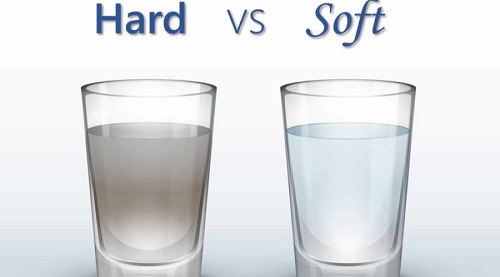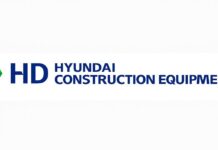While hard water is completely safe (and even beneficial) to drink, it’s not so friendly on your plumbing system. Limescale buildup clogs your pipes and inherently increases your bills. Replacing a clogged pipe is costly and time-consuming.
More so, soaps and shampoos do not lather properly when using hard water. As such, you’ll spend more time in the shower and consume more water and energy. Your dishwasher liquid foams poorly, yet again wasting precious resources and causing limescale buildup. And the examples could go on and on.
What is a water descaler?
A water descaler is a healthier alternative to a water softener. Instead of adding sodium to your plumbing system, it merely reshapes mineral particles. It does so through a process called ionization.
To put it in layman’s terms, the mineral particles no longer stick to your pipes. Instead, they break down naturally. And a capacitive water descaler can even soften the already existent limescale buildup.
Furthermore, a water descaler requires no work on your plumbing system to install it. You only need to wrap the coils around your main pipe and plug it into the power outlet. Basically, there are absolutely zero risks when installing one.
Can a water descaler improve water quality?
Hard water affects more than 80% of US households. If you’re reading this, there are high chances that you also have hard water. After using a water descaler for about three months, you’ll start noticing several improvements:
Water taste
Compared to a water softener that adds salt to your water, a descaler doesn’t add any funny taste to it. You’ll still get the same refreshing drink without going over the daily recommended sodium intake.
This is true for all water conditioners. The group of water conditioners includes electronic/magnetic descalers, and salt free systems solving hard water problems using TAC/NAC.”
Water cleanliness
Let’s be clear, a water descaler isn’t a filter. It won’t get rid of existing bacteria, heavy metals, or chemicals. However, since limescale is a breeding ground for bacteria, which the descaler eliminates, it will inherently also improve water purity.

Heater efficiency
Another great aspect about descalers is that they improve your water heater’s efficiency. Once limescale gets removes, your heater will have a much easier time providing heated water throughout your entire plumbing system.
Softer skin and hair
Hard water can cause dermatitis and eczema. The minerals left on dry skin can clog pores and produce rashes and itching. Hard water also dries out your scalp, which can lead to damaged hair in time. By switching to a water descaler, you’ll also avoid these problems.
No more mineral deposits
You’ll no longer see mineral deposits on your shower head, faucet, or bathtub. Your dishwasher and washing machine will be far less prone to breaking as well. Also, your pipes will no longer clog as easily.
All of these things combined bring you immense benefits and reduced operational costs.
What a water descaler is not
Like with water softeners, some people usually mistake descalers for filters. Don’t expect it to remove chemicals, heavy metals, or pathogens. If you know you have a problem with these things, you should also install a water filter.
And another thing: while water descalers reduce limescale, they don’t necessarily guarantee a higher water pressure. If there’s a fault in your plumbing or with the municipal water plant, you’ll still get low pressure.
Final thoughts
Yes, a water descaler is a boon for residential plumbing systems. It doesn’t impact the environment, add any chemicals, or modify your current plumbing setup.
Instead, it gets rid of limescale and prevents future mineral buildup with ease. And because so many Americans have hard water in their household, we recommend it to almost everyone.





























